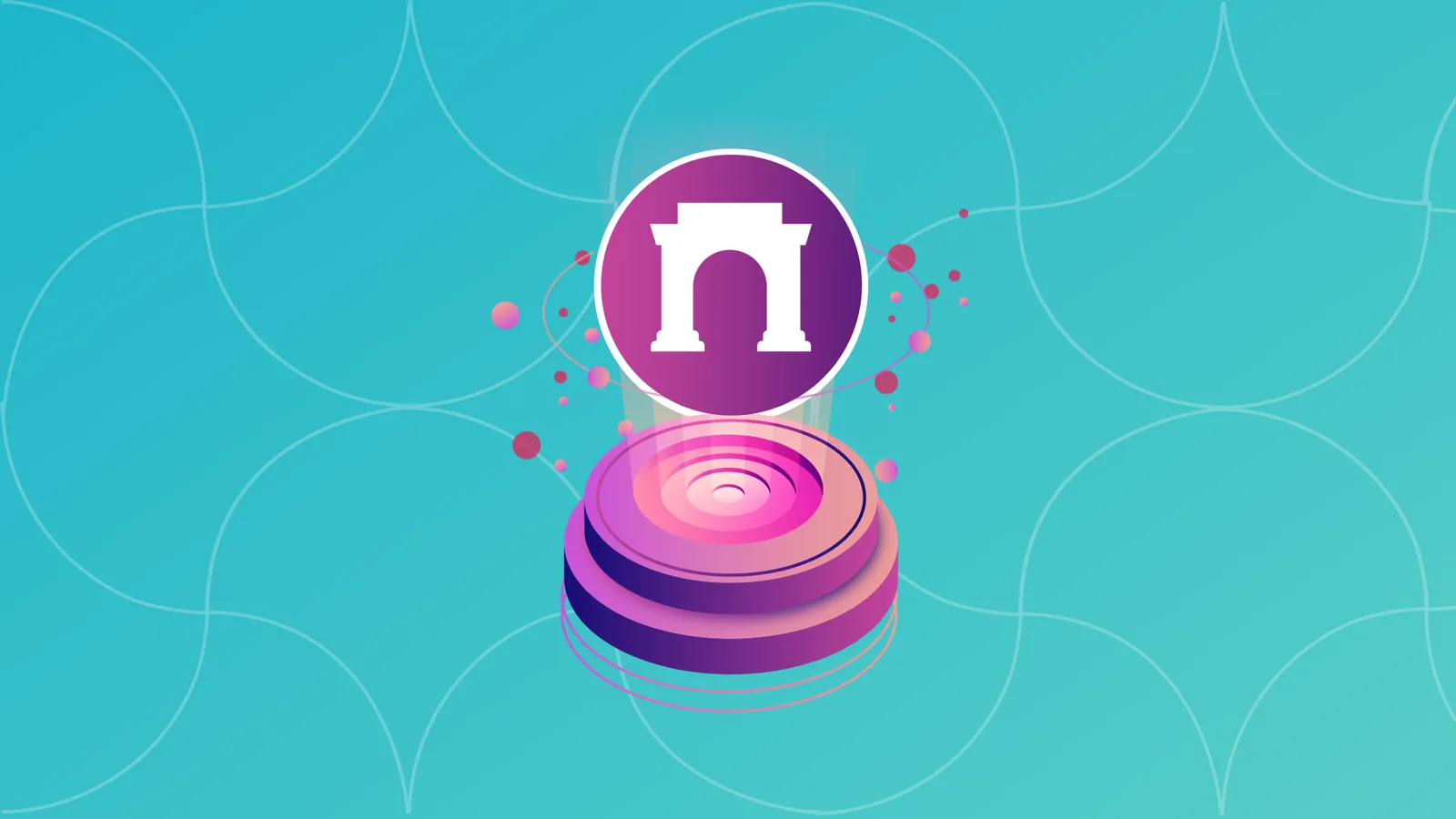Farcaster, a decentralized social protocol based on Ethereum Layer 2 Optimism, has witnessed a significant increase in total revenue, reaching $600,000.
The platform’s growth has drawn comparisons to FriendTech, another decentralized social network that initially garnered a large user base but ultimately failed due to high fees.
Farcaster experiences a surge in growth following the integration of Frames.
Farcaster garnered initial attention in early December 2023, with a modest increase in users paying for platform storage. A second wave of attention occurred in late January, peaking in early February, driven by the launch of Frames on January 29, an in-app engagement tool. Frames introduced native monetization, allowing users to offer NFTs to others by following the original poster’s account and reposting their Frame. This feature attracted more users from Discord and Twitter, drawn by the excitement of obtaining free NFTs and the potential for airdrops.
In contrast to typical social platforms, Farcaster implements ongoing storage fees for users to host their daily generated data as a means of generating revenue. This fee amounts to $5 annually and covers 5,000 posts, 2,500 reactions, and 2,500 follows.
A portion of these fees is retained by the platform, while others are used to cover transaction fees and process credit card information. Additionally, clients developing on Farcaster have the option to levy their own fees. On Warpcast, for instance, the posting fee is set at $0.01 per post, although numerous reward mechanisms offer free posts.
The primary rationale behind implementing fees per post is to deter spamming activities, thus fostering a more genuine and meaningful interaction environment that appeals to users.
Farcaster’s daily active users soar to new heights.
Data from Dune Analytics shows a remarkable surge in Farcaster’s daily active users, jumping from about 5,000 on January 28 to over 172,000 presently. This increase is accompanied by a significant rise in daily “casts,” climbing from 200,000 to over 2.9 million during the same period.
Furthermore, recent weeks have witnessed a substantial portion of Farcaster users migrating to the Base network developed by Coinbase for on-chain transactions, reaching a peak of 64% of transactions, driven by favorable network fees. The involvement of Farcaster co-founder Dan Romero, a former Coinbase vice president, and Jesse Pollak, a prominent user on the platform and current protocol lead at Coinbase, may have contributed to this transition.



